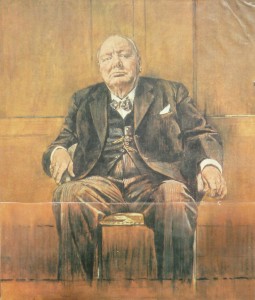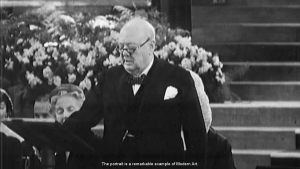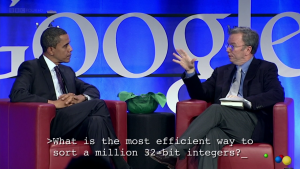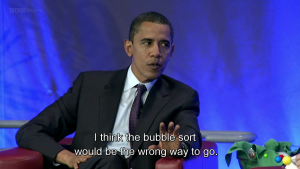The documentary Test you Brain from National Geographic is awesome!
Illusions are well known to human, but not all of them have been well illustrated in action. The problem is, some of the illusions are very best described in experiment to shows all the intricacies. For that we need carefully designed experiments and video making. This is the first time I saw something like this is made.
As an example, here’s how this documentary illustrated an attention saturation situation devised in David Copperfield’s studio:
First you see a magician told you that he wanted to do something not at all legal with money. After showing you the cash, then messing around it, the silently putting it back to his pocket, you’re asked, “did you notice anything?”.
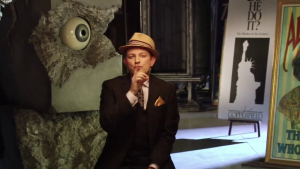
Of course you didn’t. Then the video rewind and show you what had happened before and after.
Then another video shot by a camera from another angel showed you these changes were made actually well you were watching. You didn’t notice only because you didn’t pay attention to them.
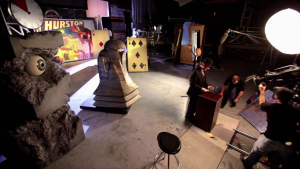
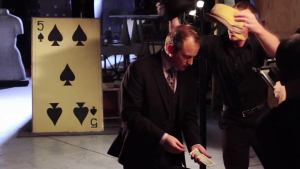
So after you see this, you cannot help to say to yourself, aha, that’s how they’ve deceived me. But then you have to rethink about perception and illusion.
While it’s not available in Youtube, we Chinese can already watch it here:

